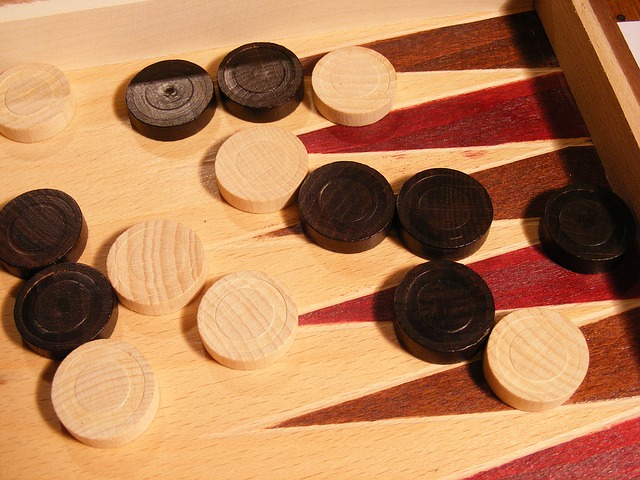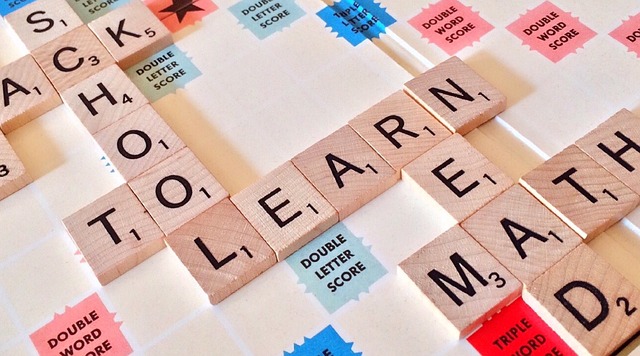Share the post "How Board Games Help You Live a Longer and Happier Life"
When most people think of board games, they often think of classics like Monopoly and Scrabble, with the assumption that playing board games is just something to do on a rainy afternoon with the kids as a way to pass the time. But did you know that games like Backgammon and Chess have long and rich histories that span continents and cultures?
Backgammon and Beyond
Backgammon is part of the Table family of games and has been played in various forms by the ancient Persians, Egyptians, Romans, and Mesopotamians. It is a game that is about 5000 years old, with the oldest Backgammon-like game having been found in the ruins of an ancient city in Iran that dates from about 3000 BC. Even older is the Egyptian race game of Senet, which was often played by military leaders due to its emphasis on strategy and tactics during play.
If you only associate board games with Monopoly and Scrabble, you should also know that board games extend far beyond those popular classics, with productions like The Settlers of Catan, Risk, Carcassonne, Agricola and a slew of others vying for your time. They vary from relatively easy gateway type games to very complex and lengthy strategy games where luck plays no part at all. There truly is a game for everyone, so add at least one of them to your .
The Health Benefits of Board Gaming
Even if you’re aware of the variety of games on the market, you may not think about the health benefits of sitting down to play a board game or two. Games like this aren’t just for boring rainy days. They provide actual and measurable health benefits that can result in a longer and happier life. If you’re wondering how, consider the following possible health benefits:
- As children, board games help us to learn and apply logic and reasoning, learn how to solve problems, learn about literacy and numeracy, learn about winning and losing, learn about the importance of working in a team, and develop valuable social skills. Developing these valuable mental and emotional skills early in our lives potentially leads to a happier and more productive life.
- Physically, many board games require fine motor skills and coordination. Developing these skills is not only important for children, but also serves a valuable purpose for the frail and elderly, and those needing physical therapy for the recovery from certain injuries.
- It has also been shown that playing board games regularly, especially the games that require a high degree of strategy and planning, helps to decrease the rate of mental and cognitive decline as we age. Just as remaining physically active is healthy for the elderly, being mentally active serves the same purposes for cognitive functioning. Playing board games regularly in our lives, elderly or not, helps us to sharpen our analytical powers and stretches our mental muscles.
- Sitting around a table with friends and family to enjoy a board game is a valuable social activity that leads to fun and laughter. As we laugh and socialise, our bodies release endorphins that reduce blood pressure, stress and anxiety. Reducing these sorts of stresses in our lives and spending more time with friends is important to our long-term quality of life.
Gaming For Happiness and Quality of Life
Playing board games on a regular basis is valuable to our mental, physical and emotional health. Finding a way to decrease the stresses in our lives and strengthen our mental powers is key to living a longer and happier life.
Share the post "How Board Games Help You Live a Longer and Happier Life"









 EN
EN  RU
RU